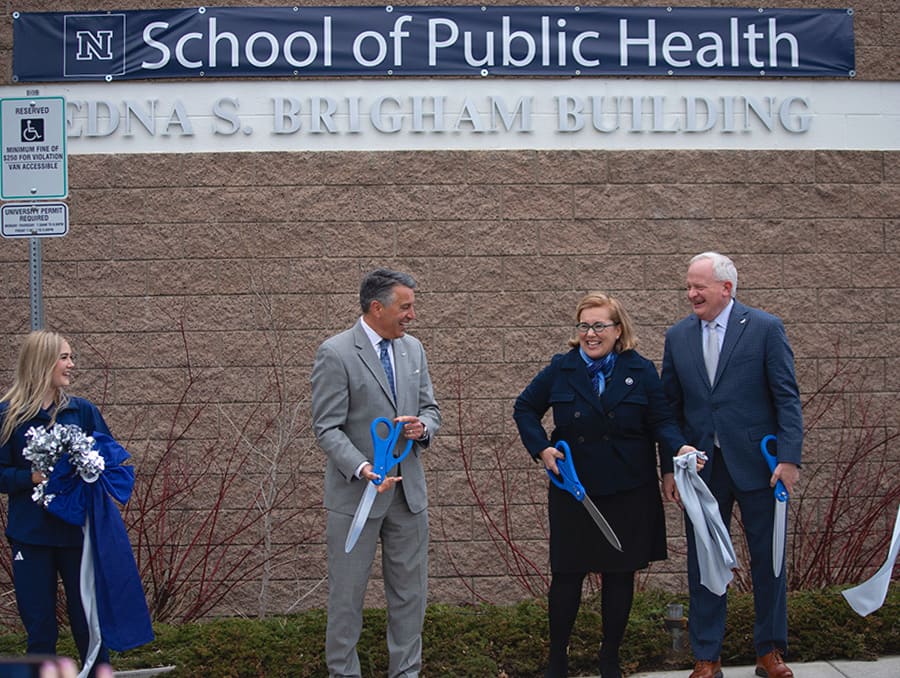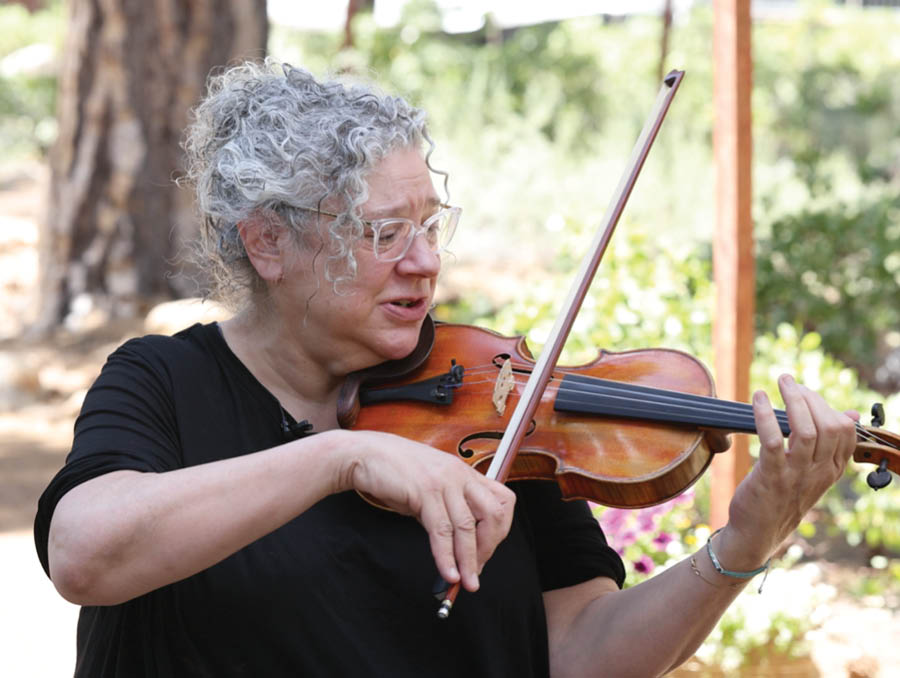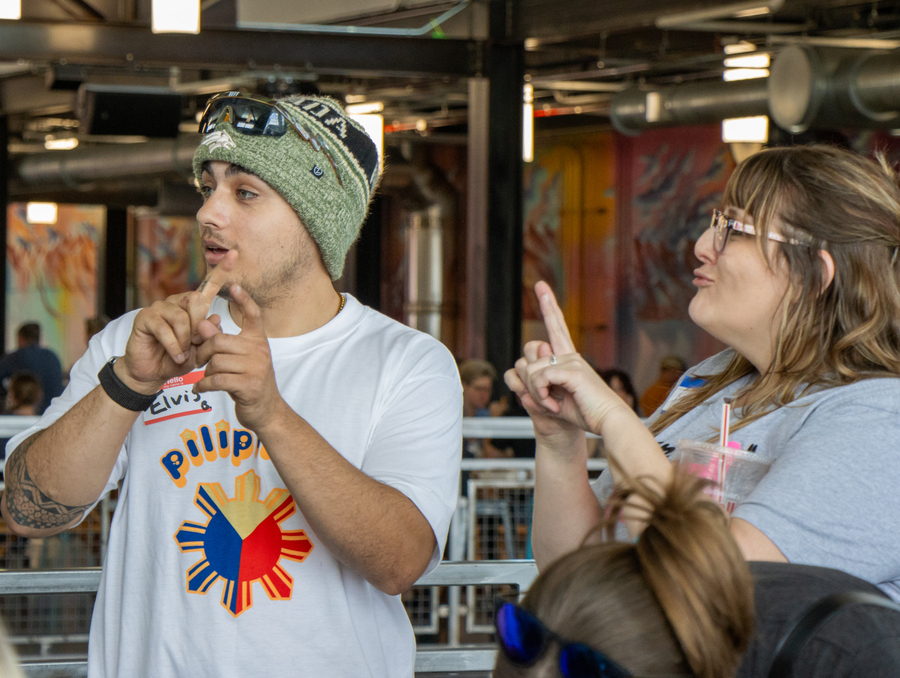For some, bumble bees can be a pesky nuisance, but to University of Nevada, Reno Assistant Professor Anne Leonard, they could not bother her more.
In what has taken more than two years of research and moving around, Leonard has finally settled down in a permanent location in the University's Department of Biology and is making a name for herself. She has found a bumble bee haven to continue her research on the specialization by bumble bees and the evolution of nutritionally diverse floral rewards thanks, in part, to a $465,000 grant from the National Science Foundation.
As a first year assistant professor, Leonard knows what a grant like this can do for her research and her career. Most of the grant money will be tied to starting her lab and to salaries.
"This grant means a great deal to me as a new assistant professor," Leonard said. "It means that I can hire postdoctoral researchers, and support graduate students and undergraduate researchers. There are many challenges associated with starting your own lab, but getting funded has been a great vote of confidence from my scientific peers and assures me that I'm heading in a good direction."
The beginning of Leonard's grant research began after she received a seed grant in spring 2011 during her postdoctoral researcher at the University of Arizona. She developed a prototype for a mechanical flower that tested out bees' responses and collected pilot data to use in a grant proposal. From there, Leonard moved on to a one-year postdoctoral fellowship at the University of Massachusetts, Amherst, which led her to accepting a job at the University of Nevada, Reno. During that time, Leonard submitted a grant proposal to the National Science Foundation, and this month, Leonard was awarded the funding.
The grant money, along with a collaboration with the University of Arizona, has allowed Leonard and her University students to investigate the basic question of why plants reward bees with different kinds of resources such as tomatoes or flowers. Leonard is interested in studying a phenomenon called sanitation or "buzz" pollination, where the bee rapidly vibrates pollen out from the flower.
"We're interested in how the nutritional content of the reward, as well as how difficult it is for the bee to collect it, and how that influences the bee's propensity to transport pollen between flowers of the same species," Leonard said. "We'll be using artificial flowers that record the pollen-harvesting buzzes of the bees in a lab setting to conduct experiments where we tinker with the type of reward, such as nectar or pollen, and how difficult it is to extract. We also plan to observe bumblebees' responses to locally-occurring plants that vary in their reward type, under semi-controlled settings."
Along with receiving a tremendous grant and a busy amount of research, Leonard just completed her first year as an assistant professor at the University with nothing but praise for both the students and the University.
"I was highly impressed with how engaged, creative and responsible the students were," Leonard said. "They set the bar high for what I can expect from future University undergraduates."
Her program is a great example of how the University engages students in a creative research environment with professors passionate in their fields, Jeff Thompson, dean of the College of Science said.
"It's gratifying to see our new faculty, so early in their careers, receive national recognition with grant awards such as this," Thompson said. "It's a credit to the department that we attract such high caliber faculty. Anne's research is a fascinating new area for us and is sure to be popular with students."
NevadaToday











